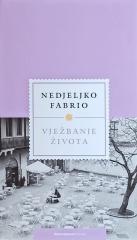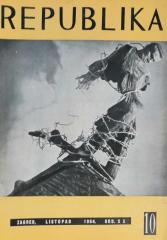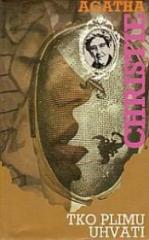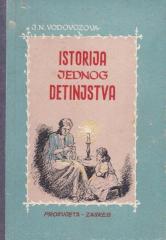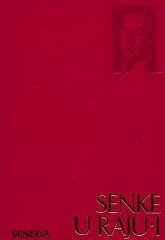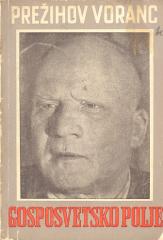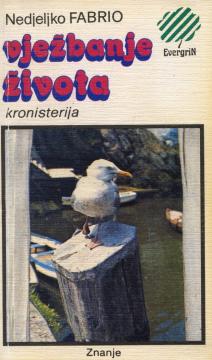
Vježbanje života
„Vežbanje života“ je istorijski roman koji istražuje složene hrvatsko-italijanske odnose u Rijeci kroz prizmu dve porodice – italijanske i hrvatske. Nazvan „hronisterija“, roman kombinuje hroniku i histeriju, odražavajući burnu istoriju grada.
Prvi deo prati Karla, Italijana koji dolazi u Rijeku 1822. godine, uči brodograditeljski zanat i otvara radnju. Zaljubljuje se u Fanicu, Hrvaticu iz Gomile, sa kojom ima sina Fumula, ali Fanica umire nakon porođaja. Karlo i Fumul žive na Mlaki, ali njihov odnos je hladan. Fumul, pod uticajem svojih prijatelja, gaji animozitet prema Hrvatima, kriveći ih za nevolje grada. Paralelno, upoznajemo porodicu Despot – Jožića, Tonku i njihove sinove – čiji se životi prepliću sa Karlovom porodicom, dok Rijeka prolazi kroz francusku, austrijsku i mađarsku vlast, sa ličnostima poput bana Jelačića i Frana Kurelca.
Drugi deo, smešten u 1947. godinu, fokusira se na Mafaldu, Fumulovu ćerku, koja se seća prošlosti. Dolazak parobroda iz Splita dovodi Vjenceslava Despota i Lucijana, čiji susret sa Mafaldom i njenom porodicom otkriva tragične posledice istorije. Roman, prožet dokumentima i metafikcijom, prikazuje kako istorija razara živote običnih ljudi. Fabrio majstorski prikazuje Rijeku kao grad sukoba i suživota, istražujući identitet, ljubav i gubitak. Delo je cenjeno zbog svoje složene naracije i dubokog prikaza čovečanstva.
Dva primerka su u ponudi
Primerak broj 2
- Poruka lične prirode
